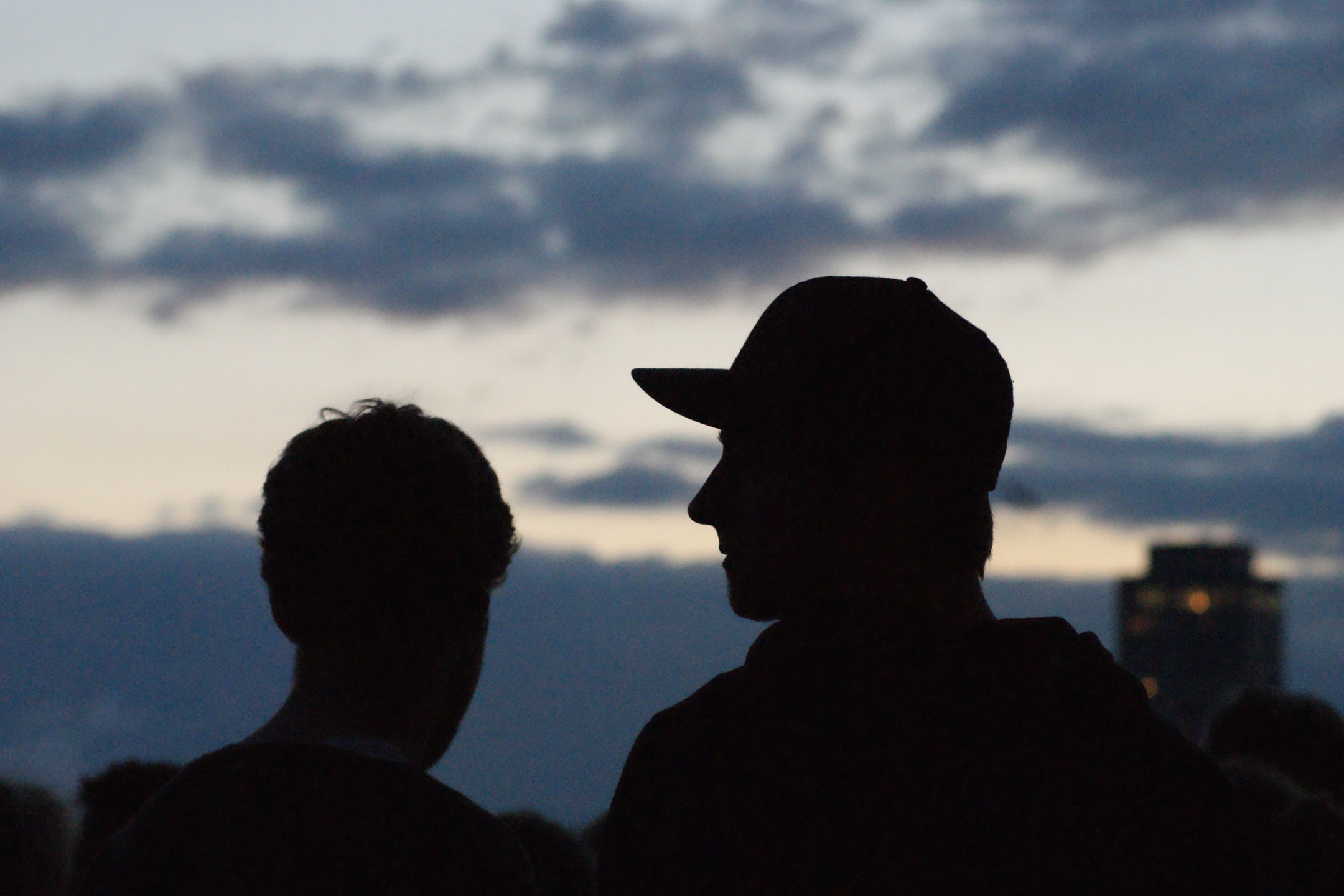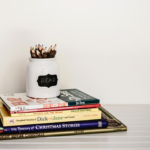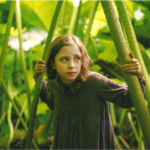
18 Aug A sons journey into manhood.
One dad’s story of a camp that marked his son’s journey into manhood. As told to Melissa Cowan
My son was 13 years old when we went on a camp on a site in Byron Bay hinterlands to mark his transition into manhood. He was starting to want to isolate as a teenage boy and our communication was really limited. He was dragged kicking and screaming into the camp, saying it was “hippy s*&#”. There was a lot of resistance. I told him it was a good opportunity for us to go camping, and that we could walk out at any time. It helped that a friend of his was also doing the camp.
I thought it was time for communication to start between him, his mother and myself as a potential adult rather than a child. He’s my first son and eldest child, and I wanted to grow closer to him. I liked the idea of a rite of passage to mark his change from boy to man, and his changing relationship with the world. I knew significant changes were on their way, and hoped the camp would bring us closer and make my job as a dad easier.
When we arrived at the camp, it was rainy, muddy and primitive looking. It looked uncomfortable. But walking in with the other men and boys gave me a good feeling of what was to come. The men were told they’d be asked to tell stories with honesty and transparency, and that the boys would respond to that. I’d be sharing a tent with my son; there’d be games, challenges and no technology allowed. We were isolated, but together. The words ‘Story’, ‘Challenge’ and ‘Honour’ came up as important to the rites of passage.
Story
I told my son about how, as a teenager, my girlfriend and I had to deceive our parents in order to spend time together and the risk taking (i.e. drugs and alcohol) we partook in. I spoke of how badly I wished I was part of the ‘cool group’ at school, and the struggles I had with acne, bullying, school work and peer group pressure. It was the first time I’d shared with him the struggles I had growing up. He was able to see ‘Dad went through the same as what I’m going through’. On the camp, I saw the power of stories to transform people.
Challenge
There was a lot of fear in the boys as they struggled to trust the process. Even more challenging was the part where the boys stayed out in the bush alone and had to learn to sit still with themselves in the middle of nowhere. My son struggled through the camp, but at the same time there was lots of laughter and fun.
Honour
A ritual took place where fathers honoured their sons in a way they hadn’t before. Each boy was appreciated for the spirit of the person they really are – not for being the best footy player or having the best girlfriend – but for the beauty of who they are. Learning to respect the feminine was also really important.
My son began to understand that life was moving from being all about him to being part of a community. Being a man isn’t all ‘me me me’, it’s about owning your mistakes and having emotional resilience. He recognised that he lacked a lot of this.
The camp was as transformational for me as it was for him. If only I had that experience with my father, I’d be a different man. If I’d heard the unfiltered version of my father’s adolescence, it may have helped me better deal with my own challenges. If I’d understood it was okay to have had those feelings, and to know it was okay to speak openly with my dad about them, I’m sure it would have helped with my own emotional resilience and sense of wellbeing and trust.
Learning to leave ‘boy behaviour’ behind in my early teens would have helped with so many of life’s challenges. I’m open for my son to come to me and cry and speak to me when he’s doing it tough with a girlfriend or work or who he is in the world. I didn’t have that with my father. I told my father what I thought he wanted to hear just to get him off my back. For my son to know he’ll be helped and not judged is a great gift.
For me, going on the camp was about planting a seed. All my son’s problems weren’t solved, but by the end he believed he could communicate with and trust me. He learnt that maybe it’s okay to say he’s struggling and to talk through stuff rather than isolate himself. Our relationship changed from the camp, there’s better communication, trust and understanding and I know how I can support him better.
Rites of Passage
Dr Arne Rubinstein, adolescent development expert and Founder of The Making Of Men based in Byron Bay on…
What is a rite of passage?
A coming of age rite of passage is a process that recognises a boy is becoming a young man and that this needs to be acknowledged and celebrated. Communities around the world have held rites of passage for their boys for thousands of years as they recognise this is one of the most important times in their lives.
What is the aim of a rite of passage?
They help the transition from boy psychology to healthy man psychology. That means shifting from thinking he is the centre of the universe, not being responsible and wanting a mother to look after him, to realising he’s part of a community, becoming accountable and looking for genuine relationships.
They also recognise the fundamental unique characteristics of each boy, his gifts and talents, genius and spirit. The aim is to bring out these unique gifts in each young man, which then become his contribution to his community.
Why do boys need this?
All boys need a rite of passage as they become young men. If we don’t create an appropriate one for them and guide them though it, the risk is they’ll create their own, which can have terrible consequences. We want to bring out the best in our young men and we can prevent so many of them from feeling lost, alone, unseen and from trying to initiate themselves into manhood through risk-taking behaviours.
Mother and Daughter and Mother and Son also available see Rites of Passage Institute




